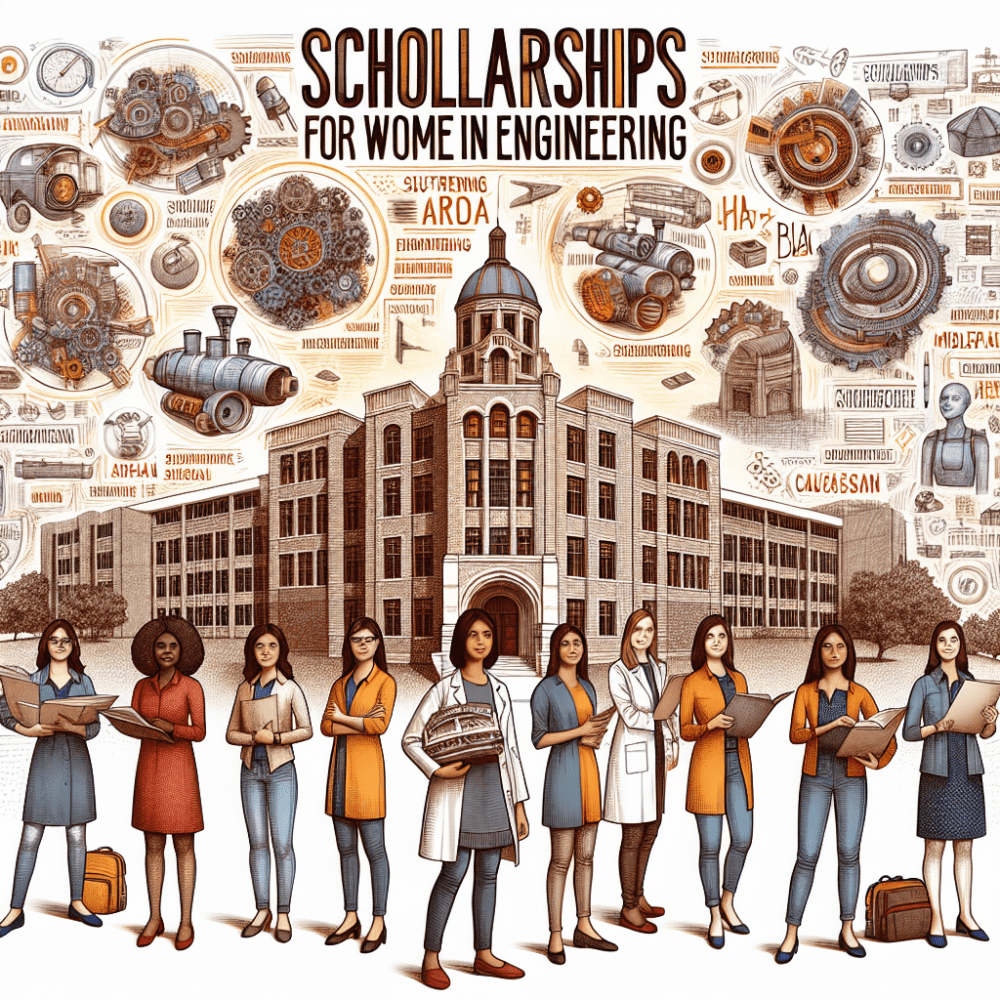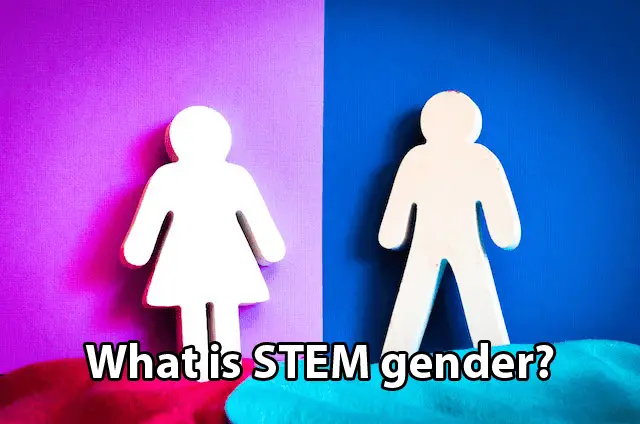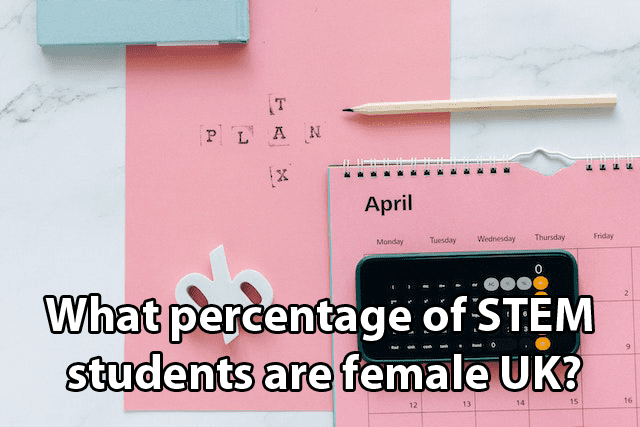
In today’s world, engineering holds incredible potential. It drives innovation, solves critical problems, and shapes the future. However, one significant issue remains: the gender gap. Women are underrepresented in engineering. Scholarships for women in engineering play a crucial role in addressing this gap.
These scholarships encourage more women to enter the field by providing financial support and recognizing their talents and potential. They also promote diversity within engineering teams, leading to more creative solutions and better outcomes.
Types of Scholarships Available
There are many types of scholarships available for women pursuing engineering degrees. These can be broadly categorized into merit-based, need-based, university-specific, and industry-sponsored scholarships.
Merit-Based Scholarships
Merit-based scholarships are awarded based on academic excellence or exceptional achievements. These scholarships recognize students who have demonstrated outstanding abilities in their studies or extracurricular activities related to engineering.
Examples include the Society of Women Engineers (SWE) Scholarship Program and the National Science Foundation (NSF) Graduate Research Fellowship Program. Both programs offer substantial financial assistance to deserving female students.
Need-Based Scholarships
Need-based scholarships support students who may not have the financial means to pursue an engineering degree without assistance. These scholarships consider a student’s financial situation along with their academic performance.
Programs like the American Association of University Women (AAUW) Career Development Grants provide funding for women returning to school after a career break or those needing financial aid to continue their education.
University-Specific Scholarships
Many universities offer their own scholarship programs specifically for women in engineering. These scholarships often come from endowments or donations from alumni who want to support future generations of female engineers.
For instance, the Anita Borg Institute offers several university-specific awards through partnerships with various institutions worldwide. Additionally, well-known schools like MIT and Stanford offer several internal scholarships aimed at supporting female engineers.
Industry-Sponsored Scholarships
Many companies within the tech and engineering industries sponsor scholarships for women pursuing degrees in these fields. These companies recognize the value of having diverse teams and strive to create opportunities for underrepresented groups.
Notable examples include the Google Anita Borg Memorial Scholarship and the Microsoft Women’s Scholarship Program. Such initiatives not only provide financial aid but also often include mentorship opportunities and internships, helping students gain valuable industry experience.
How to Apply for Engineering Scholarships
Applying for scholarships can seem overwhelming due to varying requirements and deadlines across different programs. However, breaking down the process into manageable steps can make it simpler.
Step 1: Research Available Scholarships
The first step is researching available opportunities. Students should explore multiple sources such as university websites, professional organizations like SWE or AAUW, and corporate scholarship programs offered by companies like Google or Microsoft.
Online databases like Fastweb or Scholly can also be invaluable tools in finding suitable scholarships based on individual profiles, including gender-specific offerings targeted at aspiring female engineers.
Step 2: Prepare Your Application Materials
Most scholarship applications require similar materials: transcripts demonstrating academic performance; letters of recommendation highlighting character and potential; personal essays detailing goals and aspirations; and proof-of-financial-need documents where applicable.
Creating strong application materials takes time and effort, so starting early gives applicants an edge over competitors who wait until the last minute to submit their applications.
Writing Personal Essays
Personal essays give applicants a chance to share unique stories and experiences explaining why they’re passionate about pursuing careers within engineering fields. A strong essay will demonstrate a clear understanding of how achieving educational goals aligns with long-term career objectives, making the case for why the applicant is deserving of the particular award being sought.
Securing Letters of Recommendation
Letters of recommendation validate an applicant’s credentials by endorsing their qualities such as dedication, work ethic, and motivation. Candidates should choose recommenders who know them well and are capable of writing detailed, personalized letters rather than generic statements lacking depth and substance.
Often, teachers, professors, mentors, and past employers are ideal choices since they’ve worked closely enough to observe firsthand the strengths and accomplishments worth mentioning in a formal letter format.
Gathering Financial Documentation
If applying for need-based awards, including detailed information about family household income and expenses is part of the requirement for determining eligibility to receive funds to cover the cost of tuition and other educational-related expenses incurred during the course of the study period.
Gather pay stubs, tax returns, asset statements, and additional relevant paperwork to compile a package that accurately reflects the true picture of the current financial status, ensuring no discrepancies arise during later stages of the review process.
Maintaining an Organized System for Tracking Deadlines and Submissions
Keeping track of various tasks involved in managing multiple applications requires a disciplined approach and a systematic method to handle the workload effectively, ensuring nothing is overlooked or missed, resulting in lost opportunities that could potentially jeopardize chances of securing much-needed funds for furthering educational goals.
Conclusion
Investing in and supporting the next generation of female engineers is vital to ensuring continued progress and advancement in fields critical to solving global challenges and creating a better future for generations to come. Following the footsteps of trailblazers and pioneering leaders, exemplary role models inspire and motivate others to continue pursuing their dreams with passion, always striving for excellence with dedication, hard work, perseverance, and resilience in overcoming adversity to achieve greatness. Scholarships for women in engineering are a crucial part of this support system, providing the resources needed to break barriers and foster inclusive growth and development in the engineering field. Together, we can build a brighter, more innovative future by investing in the talents and potential of aspiring female engineers.
















